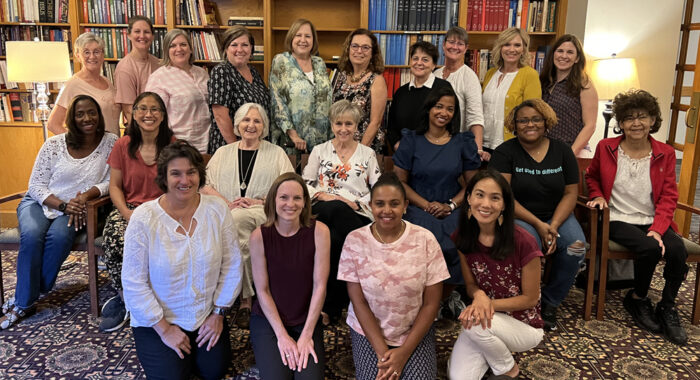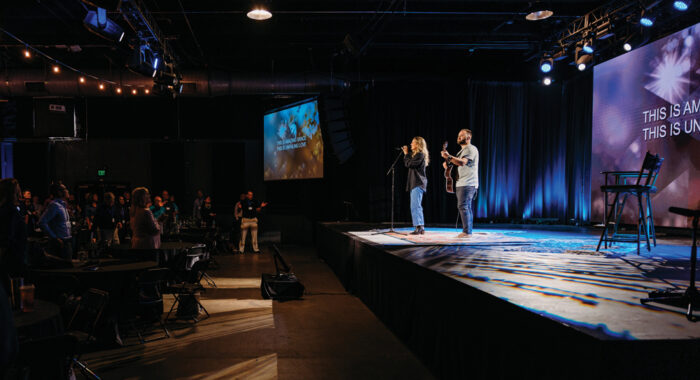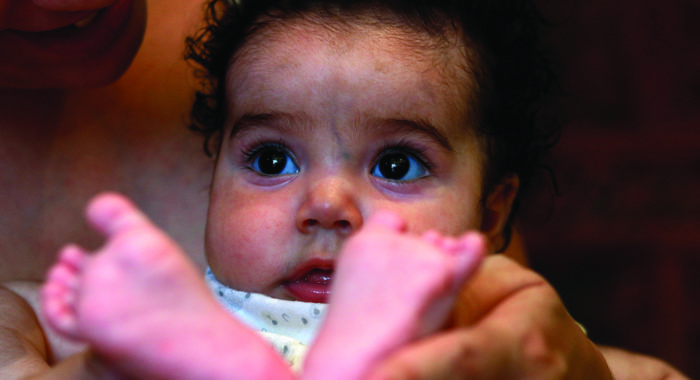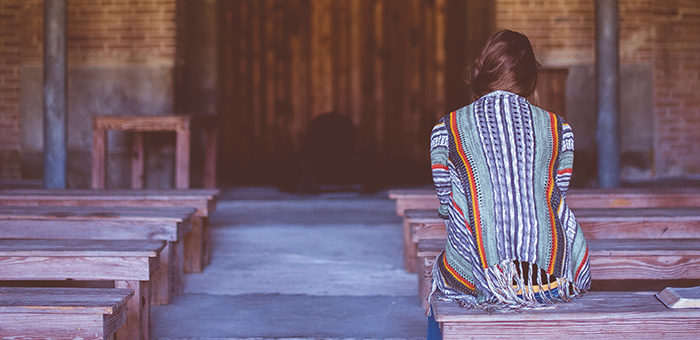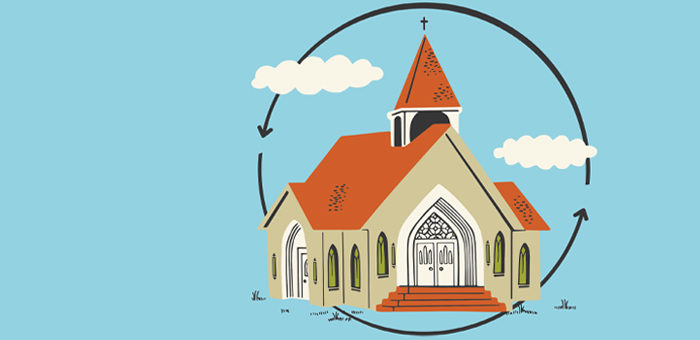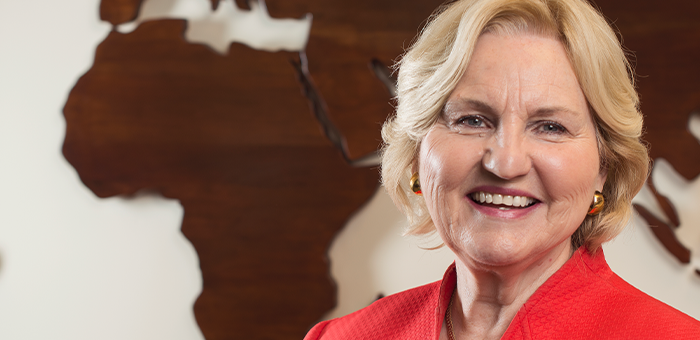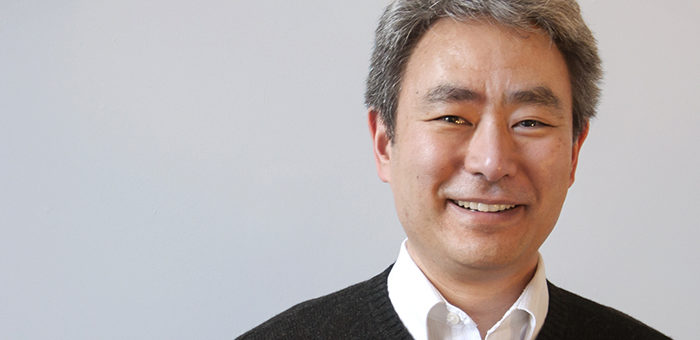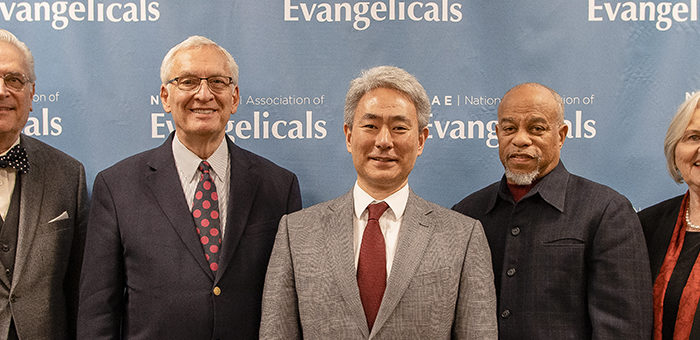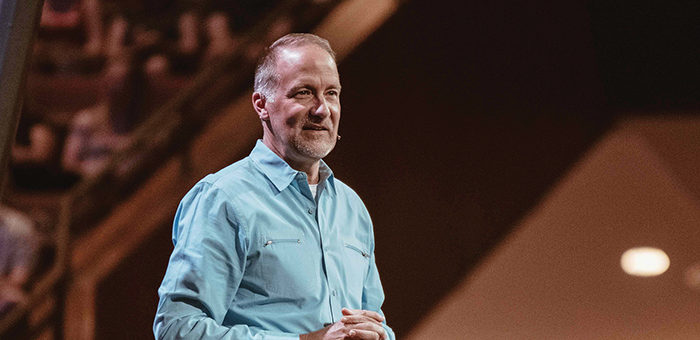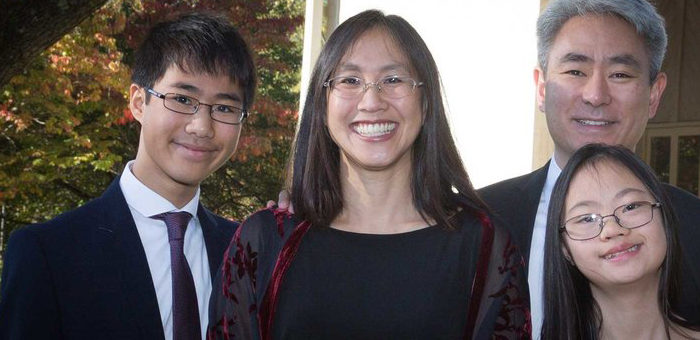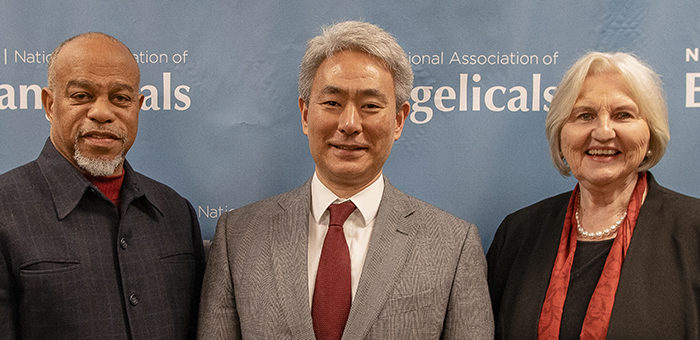The #MeToo Movement has gripped the country with disconcerting allegations of sexual harassment and abuse in Hollywood, the halls of political power, universities and even among churches. How are evangelicals to think about the #MeToo Movement? Kathy Khang, author of “Raise Your Voice: Why We Stay Silent and How to Speak Up,” joins NAE President Leith Anderson for Today’s Conversation.
In this podcast, you’ll hear Kathy, a longtime leader at InterVarsity Christian Fellowship, and Leith discuss:
- How power plays into sexual harassment and abuse;
- What conversations churches and parents should have about consent;
- How the #MeToo movement has impacted the Church; and
- What pastors and churches should do about it.
Read a Portion of the Transcript
Leith: It’s kind of like we’re living in a time of both confrontation and confession — a time that’s focused on openness about ways women have been abused and mistreated. You and I can talk about this theoretically, but there are people who are hearing our voices right now who deal with this specific situation and they’re looking for some kind of guidance, hope, a direction to go. What do you tell people — Christian leaders and people in the pew — what should the response be when facing these issues?
Kathy: I’m hoping that the response will be, is and will continue to be one of grace and love, particularly for the victims and survivors of sexual abuse and sexual harassment in the Church where the conversations around power should be happening but have not. I hope that victims and survivors are finding community, they are finding safety, and they are finding that they have opportunities to tell their story and to be believed. I hope that they are experiencing a degree of relief as things across culture come to light and that there are individuals and churches that are entering into a time of confession as opposed to a time of further accusation.
Share the Love
If you enjoyed the program, please rate it on iTunes and write a brief review. That will help get the word out and raise the visibility of the show.
Kathy Khang is a speaker, journalist and activist. She has worked with InterVarsity Christian Fellowship for more than 20 years in a variety of roles including campus staff minister, area director, regional multiethnic director and director of Campus Access Initiatives. Prior to InterVarsity, Khang was a reporter at the Green Bay Press-Gazette and Milwaukee Journal Sentinel and continues to write for various publications. She co-authored “More Than Serving Tea: Asian American Women on Expectations, Relationships, Leadership and Faith” and is the author of “Raise Your Voice: Why We Stay Silent and How to Speak Up.” Khang received her bachelor’s degree in journalism from Northwestern University.
Leith Anderson is president emeritus of the National Association of Evangelicals and pastor emeritus of Wooddale Church in Eden Prairie, Minnesota. He served as NAE president from 2007–2019, after twice serving as interim president. He served as senior pastor of Wooddale Church for 35 years before retiring in 2011. He has been published in many periodicals and has written over 20 books. Anderson has a Doctor of Ministry degree from Fuller Theological Seminary, and is a graduate of Moody Bible Institute, Bradley University and Denver Seminary.




 View All Podcasts
View All Podcasts 




